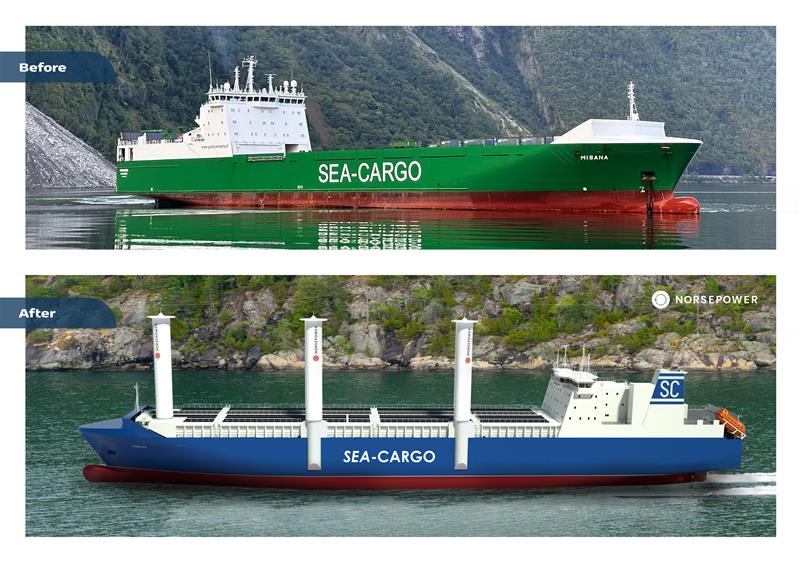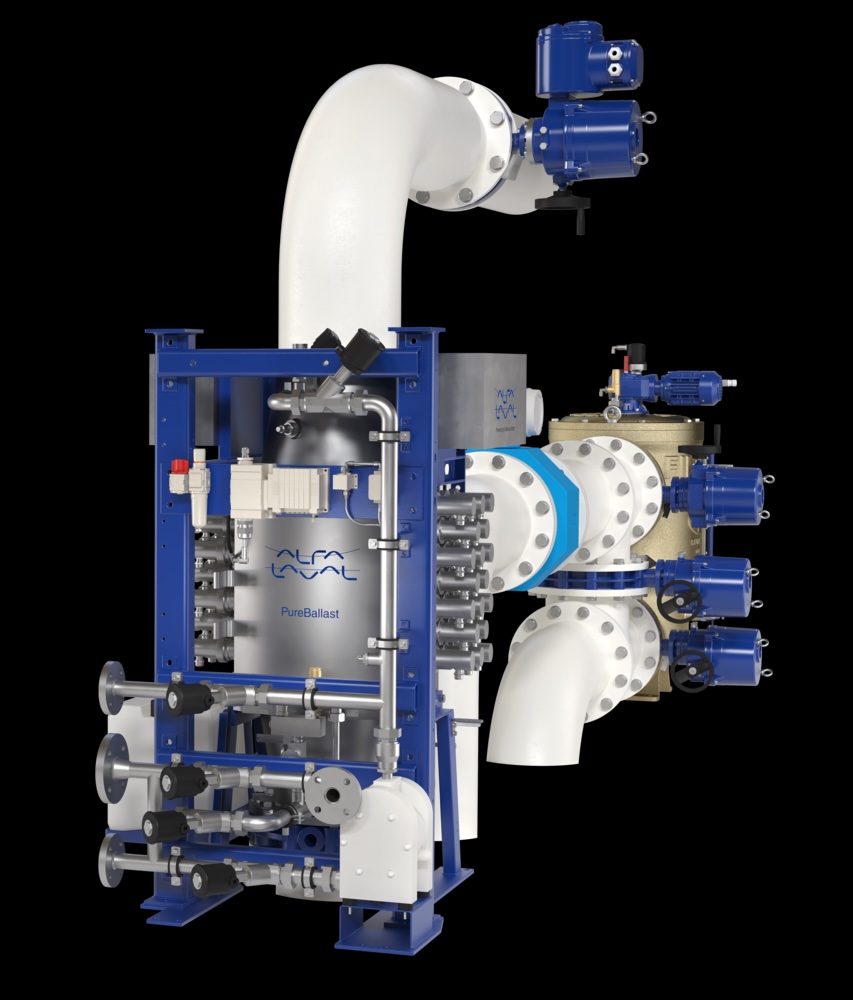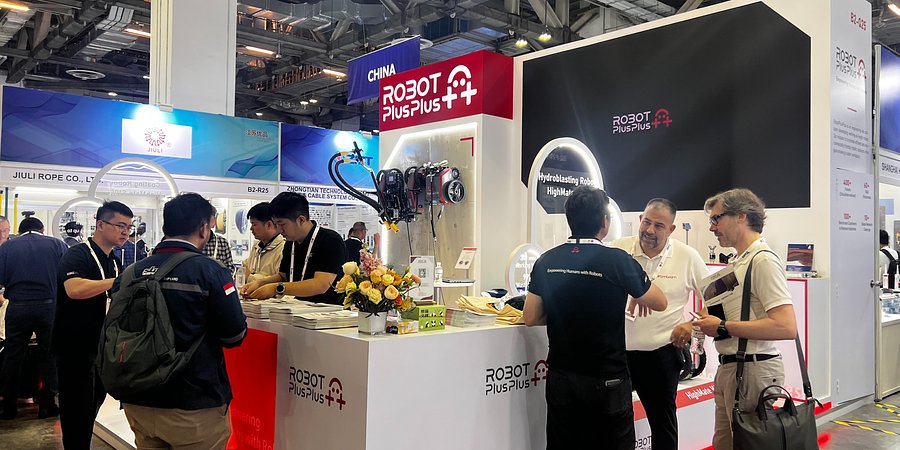VCR technology was introduced in June after more than a decade of co-development with Mitsui E&S DU (MESDU). The simple hydraulic solution mounted on the piston crosshead represents a breakthrough in two-stroke engine design as the first concept enabling compression ratio to be adjusted, delivering significant greenhouse gas emissions reductions in both diesel and gas modes (around 6% and 3% respectively).
Running in diesel mode, this equates to a saving of around 1,555 tonnes of CO2e a year – the equivalent of taking 338 ‘typical passenger cars’ off the road for a year, according to US Environmental Protection Agency figures.
WinGD General Manager Application & Technical Sales, Marcel Ott said: “NYK Line has long been a valued development partner, entrusting WinGD with innovative, sustainability driven projects, including recently our first system integration project. Strong partnerships make sustainable ships, and it is fitting that this collaboration has now resulted in the first deployments of VCR, a technology that we believe can have a huge impact on performance of our X DF LNG-fuelled engines.”
The first reference, the Oshima-built bulk carrier, is expected to be delivered in 2025. It will be powered by a WinGD 6X62DF‑2.1 engine. The PCTC is expected to be delivered in 2026, powered by a WinGD 7X62DF‑S2.0 engine.
The PCTC vessel will mark the first deployment of WinGD’s new 62-bore short-stroke engine. It will also be among the first to feature on-engine iCER – a compact version of the X‑DF2.0 technology that offers further reductions in fuel consumption and emissions while assuring Tier III NOx compliance in both gas and diesel modes.
VCR technology is currently available as an option for 62- and 72-bore X‑DF engines and has no impact on engine footprint and installation requirements.
Source:
WinGD
The opinions expressed herein are the author's and not necessarily those of The Xinde Marine News.
Please Contact Us at:
media@xindemarine.com


 Sea-Cargo and Norsepower continue their collaborati
Sea-Cargo and Norsepower continue their collaborati  Alfa Laval expands its portfolio with ultrasonic an
Alfa Laval expands its portfolio with ultrasonic an  Alfa Laval PureBallast 3 Ultra secures orders from
Alfa Laval PureBallast 3 Ultra secures orders from  RobotPlusPlus Wows Maritime Professionals with Carg
RobotPlusPlus Wows Maritime Professionals with Carg  Alfa Laval secures first contract for ammonia fuel
Alfa Laval secures first contract for ammonia fuel  GNV Tests RINA’s Machine Learning and Predictive
GNV Tests RINA’s Machine Learning and Predictive